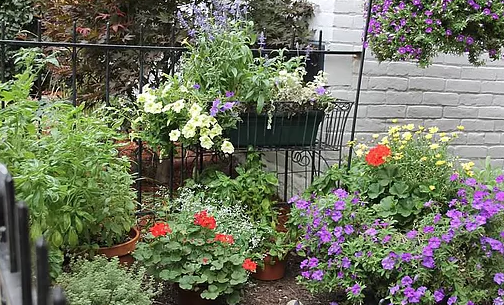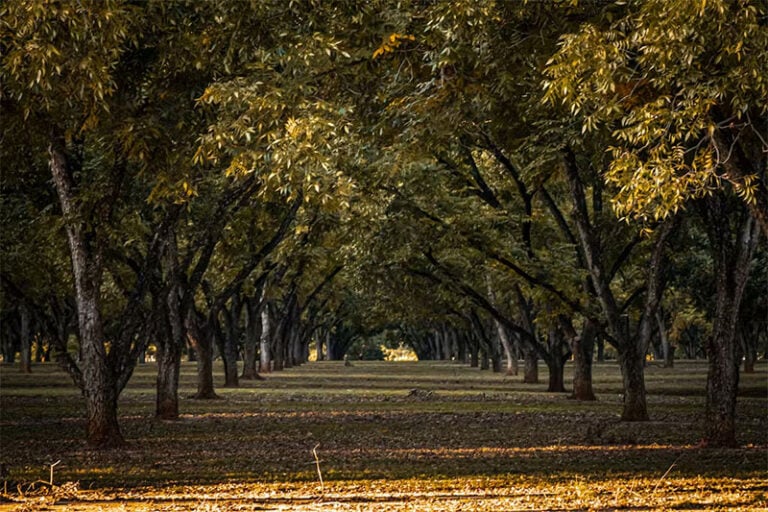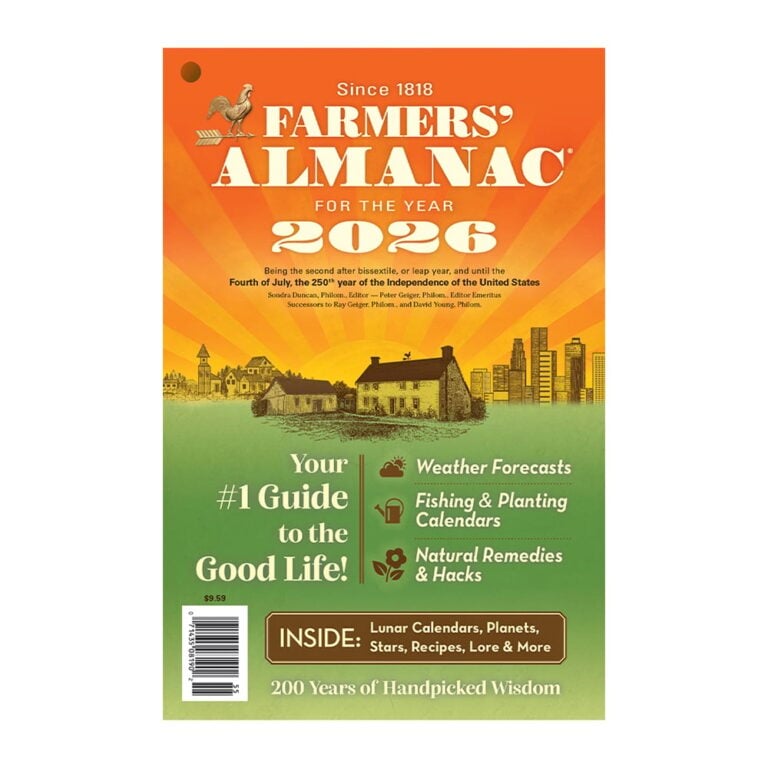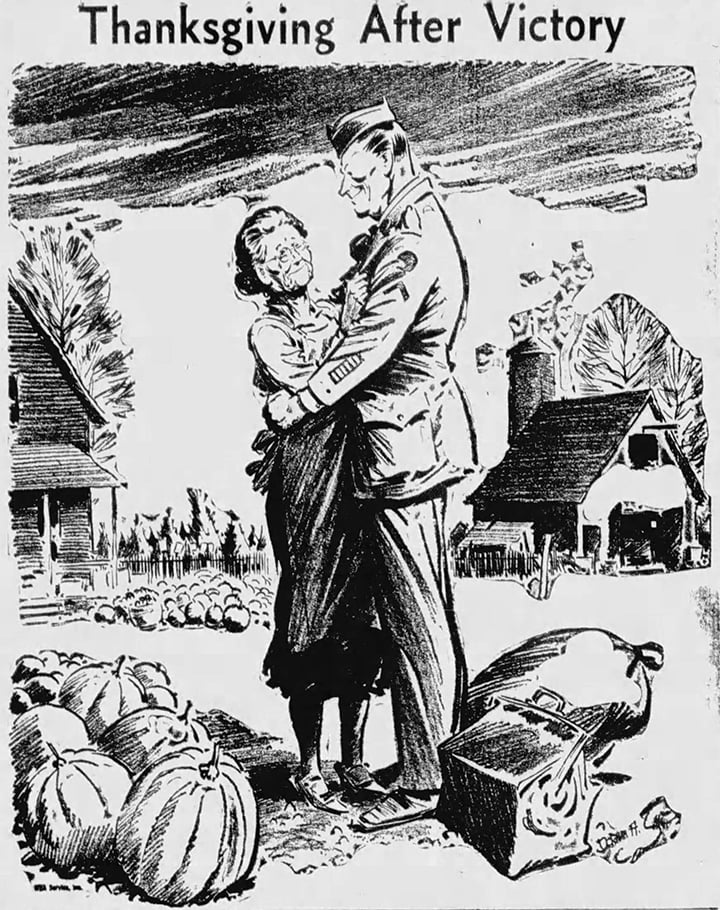Join hundreds of residents and local gardeners for a weekend of discovery. Come meet neighbors, learn about the community, or enjoy the botanical and artistic wonders of Covington.
It’s Covington’s 3rd Annual Garden Tour June 10-11 from 10 a.m. to 4 p.m., rain or shine.

Old Seminary Square and Covington’s Westside once again join efforts for the annual garden tour, where residents will welcome visitors into their private spaces to see the possibilities that gardeners, from novice to master gardener, have created for their own pleasure.
Walk from home to home, garden to garden to soak in the beauty of Covington.
Tickets are good for both days of the tour, so take your time and enjoy.
Advance event tickets can be purchased online for $10 (plus a $1 processing fee) or on day of the tour (Saturday, June 10, or Sunday, June 11) for $15 at the ticket booth on the corner of Russell and Robbins Streets near John G. Carlisle School. One ticket gives you two days of over a dozen locations full of garden exploration — all at your own pace.
Highlights:
• Enjoy almost 2 dozen private and public parks & green spaces on display for 2 days from 10AM-4PM each day
• Raising chickens in Covington’s Westside is the new hot concept — ‘farm’ fresh eggs! Come see for yourself how easy it is.
• Sculpture installations, park redevelopment plans and residential development, and more!
The tour benefits the efforts to improve Old Seminary Square’s public parks and support the Brighton Center’s Homeward Bound Program for Homeless Youth.

General Gardening Tips & Tricks
Container Gardens for tight spaces: If you live in an apartment, don’t have the room for a garden, or just aren’t sure if you’re a green thumb or a brown thumb — container gardening is a great way to start. Drainage is critical, though, so you may want to invest in a hydrometer for plants. No drainage holes can drown the roots after a rain, and lack of water can make for droopy, sad greenery.
Deadheading – it’s not just for hippies anymore . ‘Dead heading’ refers to the practice of cutting, nipping, or just hand-pinching dilapidated blooms off of a flowering bush or plant. This activity halts the seed production stage of the bloom and sends a signal to the plant that ‘more blooms are needed for seed production’ and encourages increased flowering throughout the season.





















